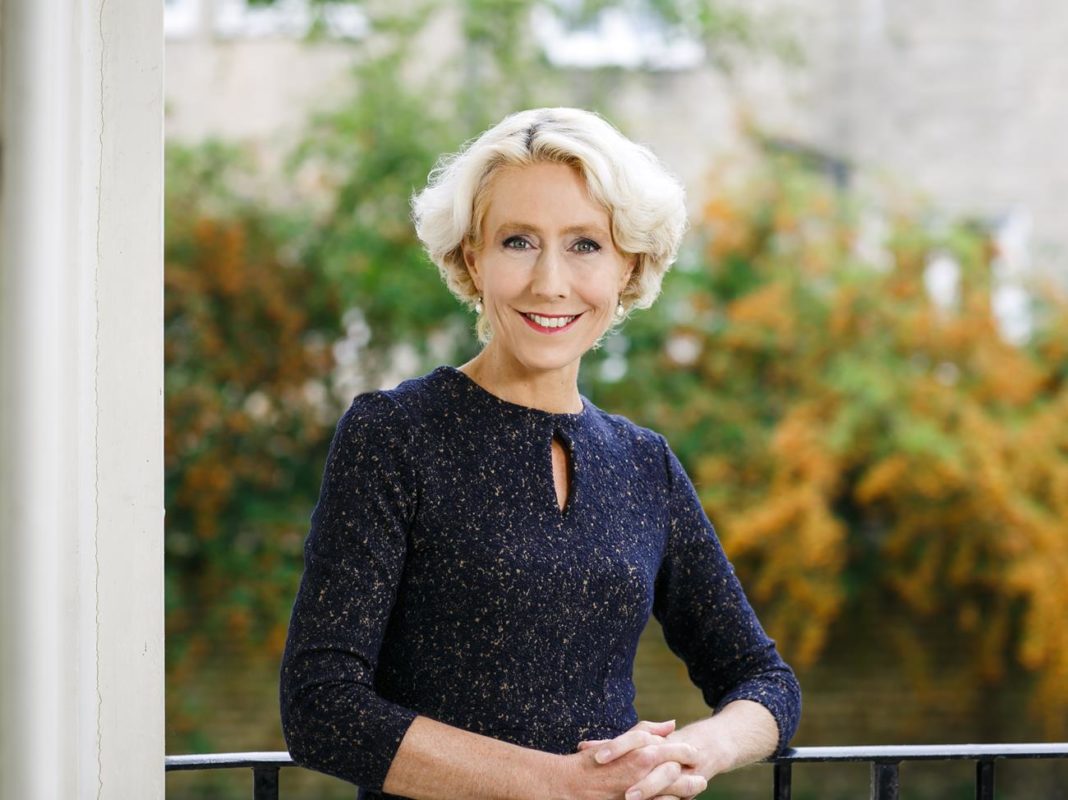Our report featuring FMA CEO Samantha Barrass and her plans to expand the focus of the regulator was the week’s most popular post and is our first Story of the Week…
It’s all change at the FMA with its new Wellington-based CEO expanding the organisation’s mandate to include climate-related rules.
Speaking during an FSC webinar that attracted more than 600 viewers, Samantha Barrass (pictured) – who took up her new role in February – said she will be supervising the “the world’s first” climate-related disclosures regime.
The FMA is to also publish an updated draft Conduct Guide for industry consultation sometime in July.
“This guide sets out our expectations on what good conduct looks like,” she said. “This will update our previous Conduct Guide and reflect the principles of the new legislation enabling the FMA’s regulation of banks and insurers. But the guide applies to the entire financial sector.”
The new guide is based on four principles:
- Treating customers fairly
- Governance and accountability
- Effective systems, controls and reporting
- Identifying and remediating issues
“My challenge is to smoothly implement all these changes, while maintaining our current momentum,” she said.
“This will mean substantial change for the organisation over the next few years, building new capabilities, and employing new staff with different areas of expertise.
“We know the labour market is tight – our staff will need to develop new skills. We will need to work with the industry incredibly closely to better understand some of the new sectors and business models that we will be regulating. I don’t underestimate the challenge, but I’m up for it.”
Barrass said she is keen not to create any unnecessary burdens and welcomed feedback.
…we all need financial advice in the same way we all need a doctor…
“Ultimately we share the same goals of having a healthy financial sector that supports a strong economy that works for all New Zealanders,” she said.
Turning to financial literacy, Barrass said she didn’t understand why every adult New Zealander is not taking advice when it comes to their money.
“Even youngsters when they are at university need to think about how much debt they have and how that will impact their aspirations to have a family and save to buy a house,” she said.
“Education can get you part of the way, but we all need financial advice in the same way we all need a doctor and a dentist.”
While working in Gibraltar, as CEO Gibraltar Financial Services Commission, she helped put a financial literacy programme in place for schools.
“The commission partnered with the education department to roll out a whole curriculum to primary and secondary schools in Gibraltar,” she said.
Closer to home, she wants New Zealanders to feel confident that financial services works for them, have a higher engagement with financial advisers, and have the insurance products they need.
“The end game is financial services that work,” she said. “A big aspiration for me is to have one of the fairest financial sectors in the world. I think we can do that.
“As a small economy, with a highly engaged financial sector, that’s a fair goal we can achieve.”

